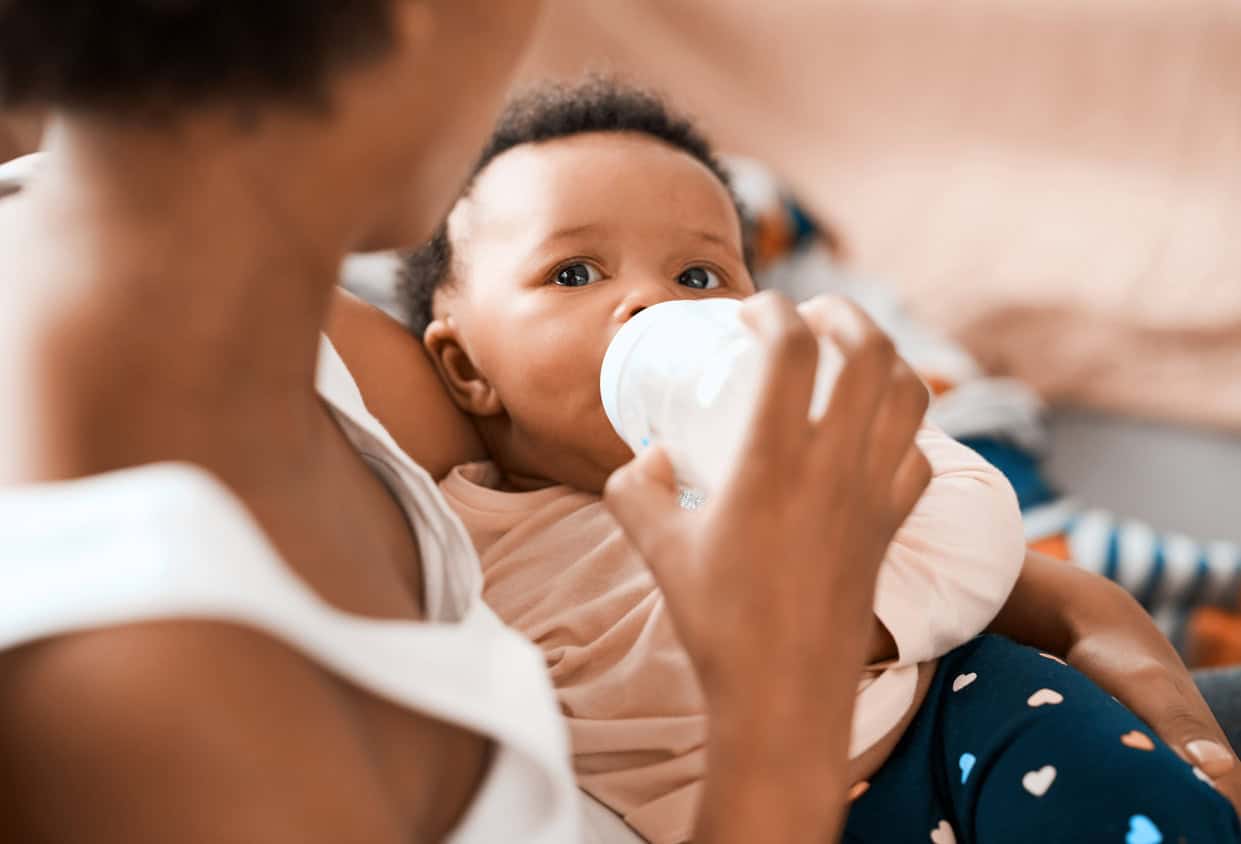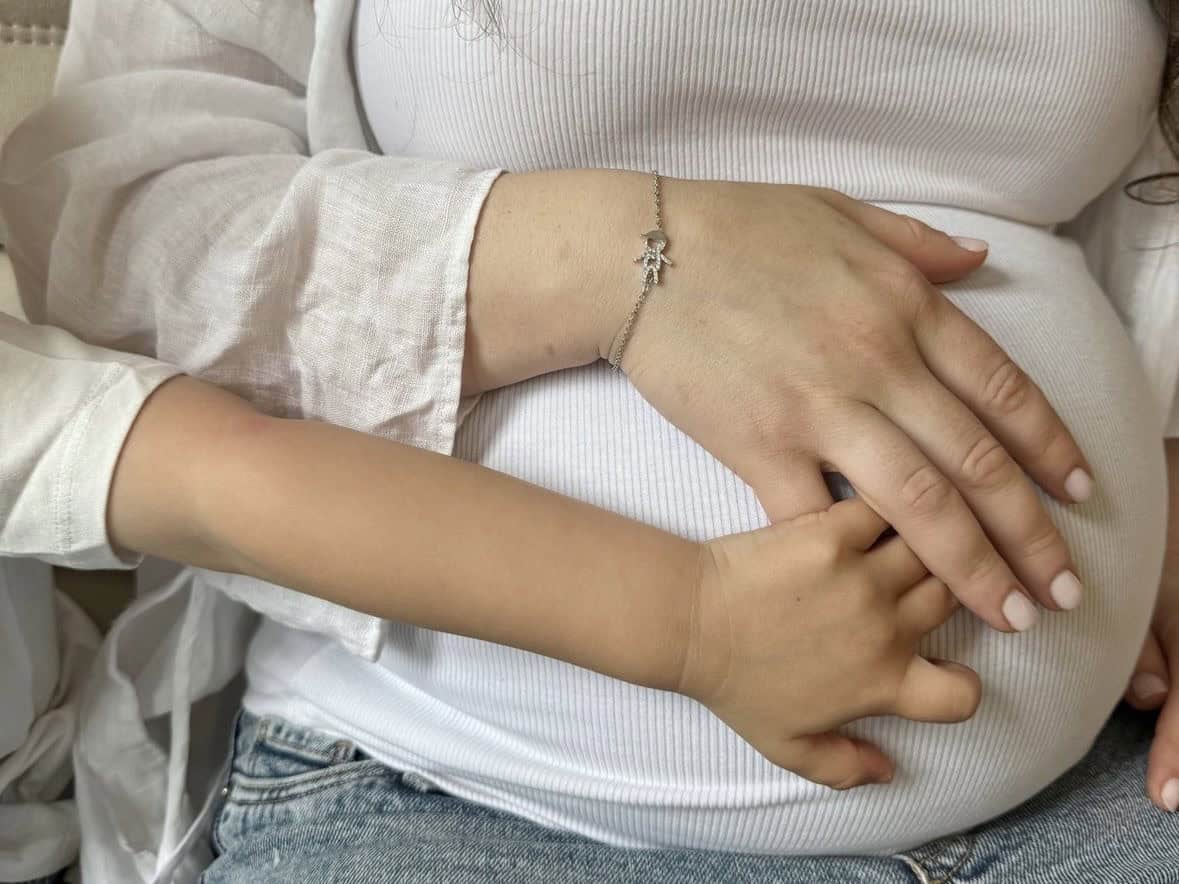The pregnancy weeks are a transformative journey filled with anticipation, surprise, and countless changes as your baby grows and develops in the womb. From the subtle beginnings of the first trimester to the enthusiastic anticipation of the third trimester, each week brings new milestones and discoveries. Let’s embark on this extraordinary journey together, exploring the intricacies of pregnancy each week.
First trimester: weeks 1-12
Weeks 1-4: Conception and Implantation
The pregnancy journey begins with the miraculous moment of conception. During the first week, your body prepares for ovulation, the release of an egg from one of your ovaries. If the sperm successfully fertilizes the egg, conception occurs, marking the beginning of a new life. By the end of the fourth week, the fertilized egg has traveled down the fallopian tubes and implanted in the lining of the uterus, a process called implantation.
Weeks 5-8: Embryonic Development
As you enter your second month of pregnancy, your baby goes through rapid development. By the fifth week, their little hearts begin to beat for the first time and the foundations of their major organs begin to form. Limb buds appear, and facial features gradually become clear. By week eight, your baby (now called an embryo) is about the size of a raspberry, with developing fingers and toes.
Weeks 9-12: Transition to fetal stage
During the third month, your baby transitions from the embryonic stage to the fetal stage of development. Their major organ systems continue to mature, and external features such as fingers, toes, and facial features become more defined. By the end of the first trimester, your baby has developed all of his important organs and structures and is about the size of a lime.
Second trimester: weeks 13-26
Weeks 13-16: Growth and Movement
Entering the second trimester of pregnancy, your baby will go through a period of rapid growth and development. By week 13, their movements become more coordinated and they may start making small, involuntary movements. Your uterus will expand to accommodate your growing baby, and you may begin to notice changes in your body, such as an enlarged belly and increased energy levels.
Weeks 17-20: Halfway Mark
As you reach your second trimester, your baby’s growth will become more noticeable. By week 20, they are about the size of a banana and their organs and systems continue to mature. You may feel your baby’s movements (called tachycardia) as they become more active in the womb. At the same time, prenatal appointments are becoming more frequent as health care providers monitor your baby’s progress.
Weeks 21-24: Sensory Development
During this period, your baby’s sensory development progresses rapidly. They can hear outside sounds, including your voice and heartbeat. Their eyelids begin to open and they can blink in response to light. At the same time, as your body adjusts to the demands of pregnancy, you may start to experience common pregnancy symptoms, such as heartburn, back pain, and leg cramps.
Weeks 25-26: Lung development
Towards the end of your second trimester, your baby’s lungs will undergo significant growth. They may begin practicing breathing exercises by inhaling and exhaling amniotic fluid, a key step in preparing for life outside the womb. Although your baby is still very young, his body continues to mature and their movements become more pronounced and noticeable.
Third trimester: weeks 27-40
Weeks 27-30: Continued Growth
As you enter your third trimester, your baby will continue to grow rapidly. Their weight may double over the next few months as their bodies prepare for delivery. As your uterus expands further, you may notice increased pressure in your bladder and pelvis. At the same time, as your body prepares for labor, you may begin to experience Braxton Hicks contractions, often called “practice contractions.”
Weeks 31-34: Maturity and Preparation
During this time, your baby’s organs and systems further mature in preparation for life outside the womb. They continually gain weight and form a layer of fat to regulate their body temperature. You may notice that as your baby gets older and has less room to move around, the fetal movements decrease. In the meantime, you can have regular prenatal visits to monitor your baby’s growth and position.
Weeks 35-38: Full-term pregnancy
By week 35, your baby is considered full term, which means they can be born at any time without serious complications. Their lungs are fully developed and they are steadily gaining weight in preparation for birth. Your body may begin to prepare for labor with symptoms such as increased vaginal discharge, “blood” and your baby’s head dropping into your pelvis.
Weeks 39-40: Final Countdown
As you get closer to your due date, the anticipation of meeting your baby increases. As you prepare for labor, your body will undergo further changes, including softening and thinning of your cervix. As you wait to go into labor, you may feel excited and worried. In the meantime, you can engage in activities that can help induce labor naturally, such as walking, gentle exercise, and relaxation techniques.
in conclusion
The journey of pregnancy is an extraordinary, transformative experience filled with moments of awe, wonder, and anticipation. From the subtle beginnings of the first trimester to the final countdown to the third trimester, each week brings new milestones and discoveries as you prepare to welcome your little one into the world. By understanding the changes happening each week, you can better appreciate the magical processes unfolding inside your body and eagerly anticipate the joy of meeting your baby for the first time.
Q: What happens in the first three months of pregnancy?
Answer: The early stages of pregnancy are a period of rapid development for the baby. From conception to the end of the third month, your baby transforms from a fertilized egg into a fully formed fetus.
Q: How will my baby grow and develop during the second trimester?
A: During the second trimester, your baby will experience significant growth and development. Their facial features, limbs, and organs gradually develop, and you may begin to feel their movements.
Q: What are the common symptoms and changes during pregnancy?
A: Pregnancy brings a series of physical and emotional changes. From morning sickness and fatigue to mood swings and food cravings, every woman’s experience is unique.
Q: What should I expect in the last trimester of pregnancy?
A: The last three months are a preparation period for you and your baby. Your baby will continue to grow and mature, and your body will change in preparation for delivery.
Q: How to take care of yourself and your baby during pregnancy?
A5: Taking care of yourself during pregnancy is crucial. Eating a balanced diet, staying active, getting enough rest, and regular prenatal care are essential for a healthy pregnancy.
Q: What are the common discomforts and challenges during pregnancy?
A: Pregnancy can come with a range of discomforts, including nausea, back pain and swelling. It’s important to listen to your body and seek support when you need it.
Q: How do I prepare for labor and delivery?
A: Educating yourself about the birth process, creating a birth plan, and practicing relaxation techniques can help you feel better prepared for labor. Additionally, having the right support system in place can make a huge difference during this transformative experience.




